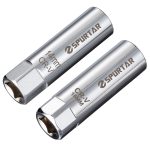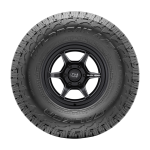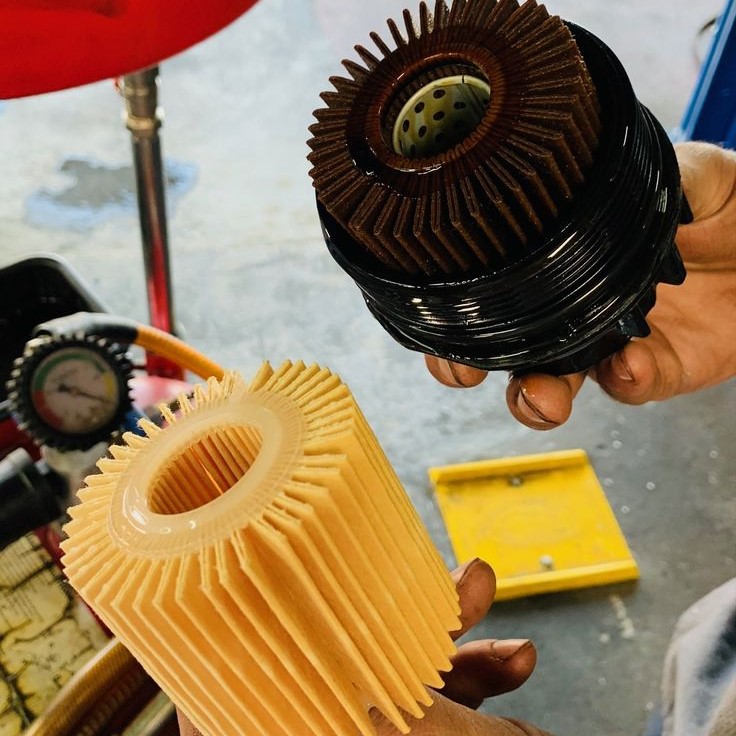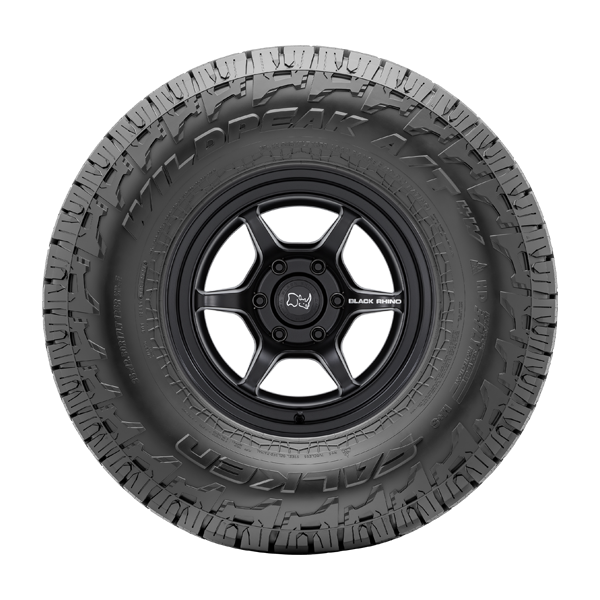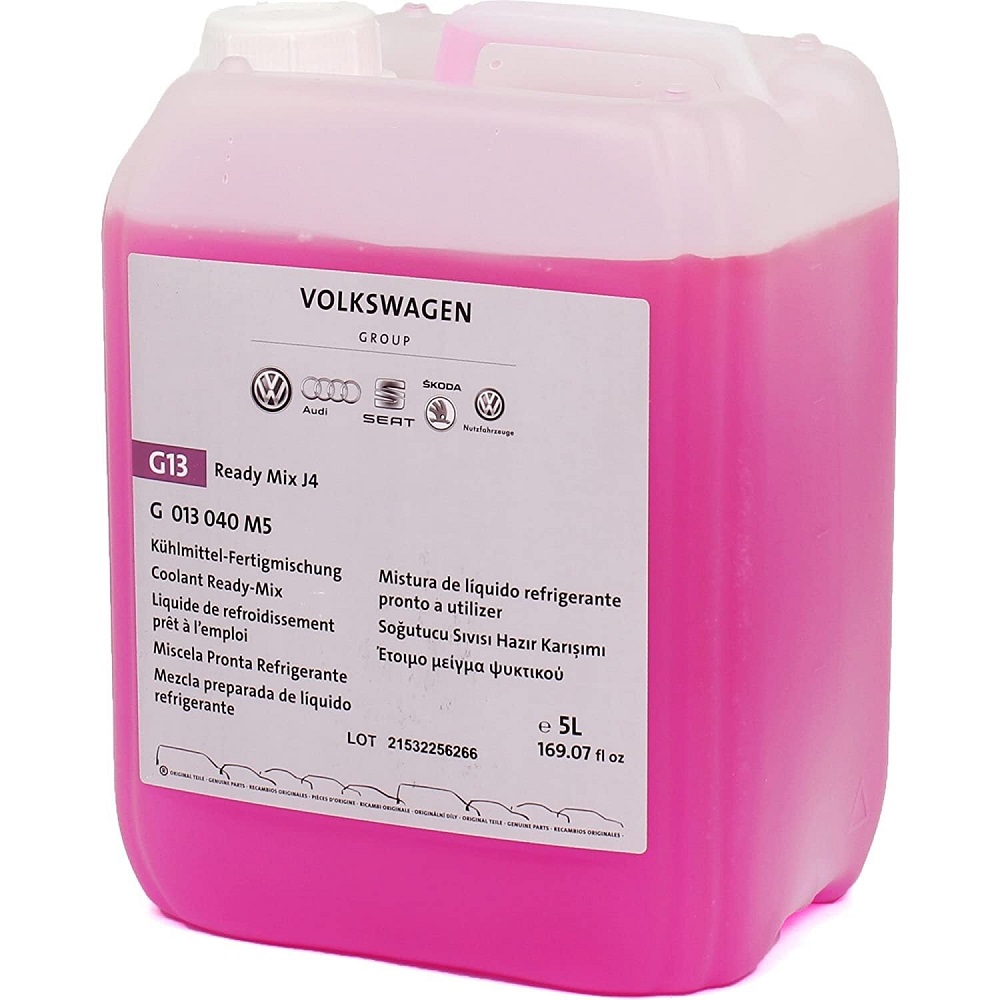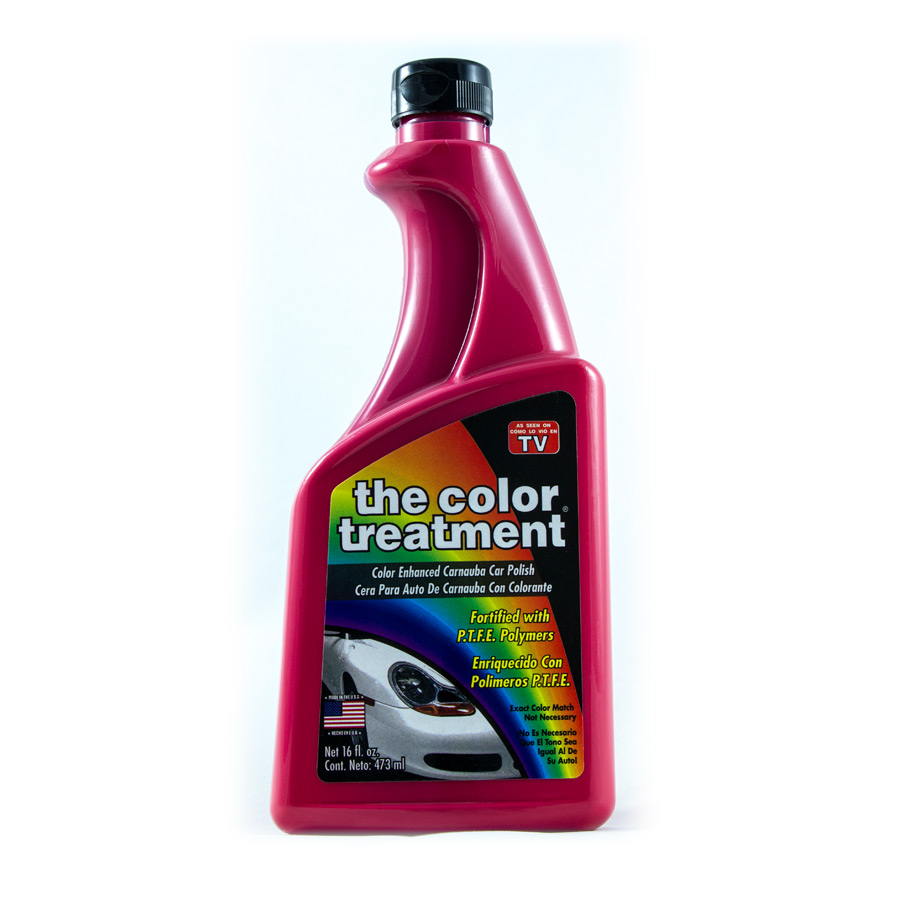Introduction: The Importance of Correct Oil Disposal
Knowing how to dispose of car oil correctly is an essential part of responsible vehicle ownership. Used motor oil is not only a harmful pollutant but also poses risks to the environment if not managed properly. In fact, improper disposal can lead to the contamination of water sources and harm wildlife. Therefore, understanding safe disposal methods helps protect our ecosystem and promotes sustainability. This article will outline eco-friendly ways to get rid of car oil, along with other useful tips you need to know.
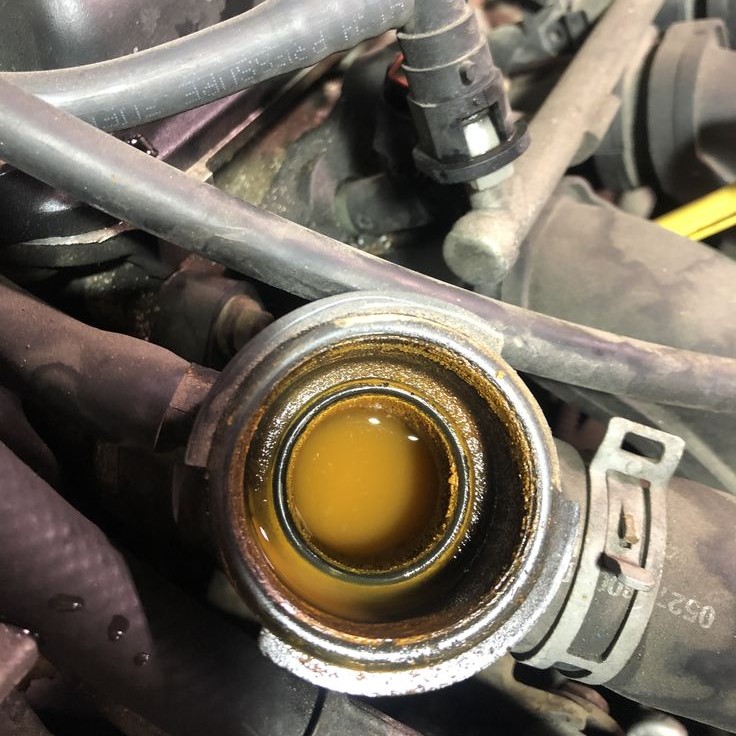
Why It’s Important to Properly Dispose of Car Oil
How to dispose of car oil? Used car oil can harm the environment and lead to legal issues if mismanaged. Proper disposal safeguards ecosystems and ensures compliance with laws. Here, we will explore the environmental and legal aspects of responsible car oil disposal.
Environmental Impacts of Improper Disposal
Improper disposal of car oil pollutes water, soil, and air. One gallon of used oil can contaminate one million gallons of water. It harms aquatic life and disrupts ecosystems. Dumping oil on soil prevents plants from growing. Burning oil releases harmful gases into the atmosphere. Recycling or safe disposal avoids these significant environmental risks.
Legal Consequences of Improper Handling
Improper car oil disposal violates local and federal laws. Many countries impose fines or penalties for illegal dumping. Repeat offenders may face lawsuits or even jail time. Businesses handling oil must comply with stringent regulations. Following proper disposal methods helps you avoid legal troubles and protects your reputation.
Steps to Safely Remove Used Car Oil
Properly removing used car oil ensures safe handling and prevents spills. Follow these steps to securely remove your car’s used oil and prepare it for disposal.
Tools and Materials You’ll Need
To start, gather all the necessary tools and materials. You’ll need:
- A wrench to loosen the drain plug.
- A clean oil drain pan to collect old oil.
- Gloves to keep your hands clean and safe.
- Safety goggles to protect your eyes.
- Funnels for transferring oil.
- Absorbent material like rags or kitty litter in case of a spill.
Having these items ready will make the process smooth and efficient.
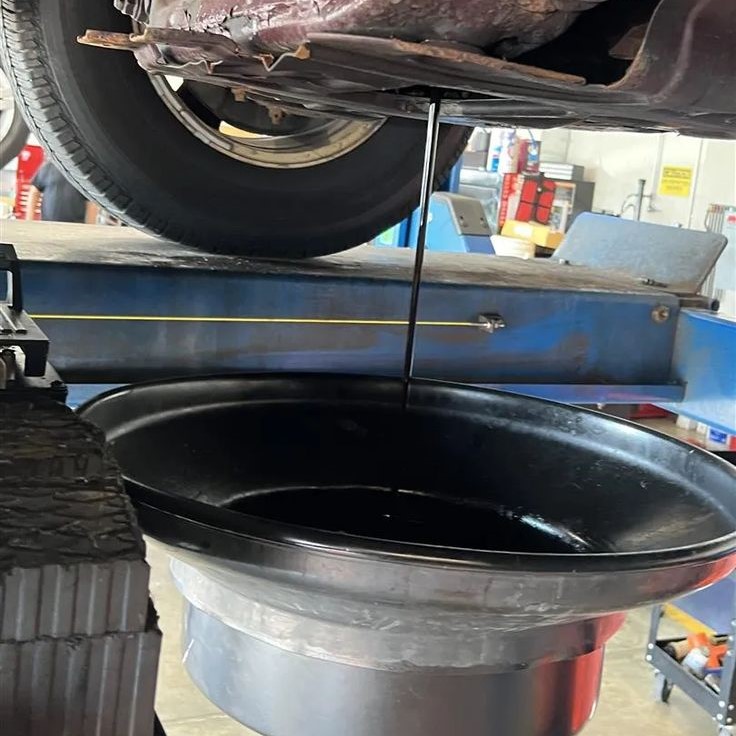
How to Drain Car Oil Correctly
- Warm the Engine: Run your car for 5-10 minutes. Warm oil drains faster and easier.
- Find the Drain Plug: Locate the oil drain plug under your vehicle. Consult your car’s manual if needed.
- Position the Oil Pan: Place the pan under the drain plug to catch the used oil.
- Loosen the Plug: Use a wrench to loosen the plug. Let the oil flow into the pan.
- Remove the Oil Filter: Unscrew the oil filter. Let any remaining oil drain into the pan.
- Replace the Plug and Filter: After draining, securely tighten the plug and install a new oil filter.
- Transfer Oil to a Safe Container: Use a funnel to pour the oil into a sealable, leak-proof container.
These steps ensure that car oil is drained correctly, reducing mess and risks. Always store used car oil securely until it’s disposed of properly. Remember, safe handling protects both the environment and your health.
Approved Methods to Dispose of Used Car Oil
Proper disposal of used car oil is essential for reducing environmental harm and following regulations. Here, we discuss the approved methods for managing used car oil safely and responsibly.
Recycling Centers and Auto Shops
Recycling centers and auto shops are convenient places for disposing of used car oil. Many of these facilities accept used oil and oil filters free of charge. Simply transfer the oil into a sealed container and take it to a participating drop-off location. Some auto shops even offer discounts on oil changes if you bring in your used oil. By recycling, you ensure the oil is cleaned and reused, reducing environmental pollution and conserving resources.
Municipal Household Hazardous Waste Programs
Municipal waste programs are another reliable option for oil disposal. Contact your local waste management service to find out about hazardous waste collection events. These programs are designed to handle harmful materials like used car oil safely. Some municipalities even have dedicated drop-off stations open year-round for waste disposal. Always follow their guidelines to ensure the oil and its container meet their requirements.
By using recycling centers, auto shops, or municipal programs, you can easily dispose of your car oil in an environmentally friendly way. Proper disposal protects ecosystems and ensures compliance with laws.
Reusing and Recycling Used Car Oil
Reusing and recycling used car oil is an excellent way to reduce waste and protect the environment. It ensures that used oil doesn’t harm ecosystems and is turned into valuable resources instead.
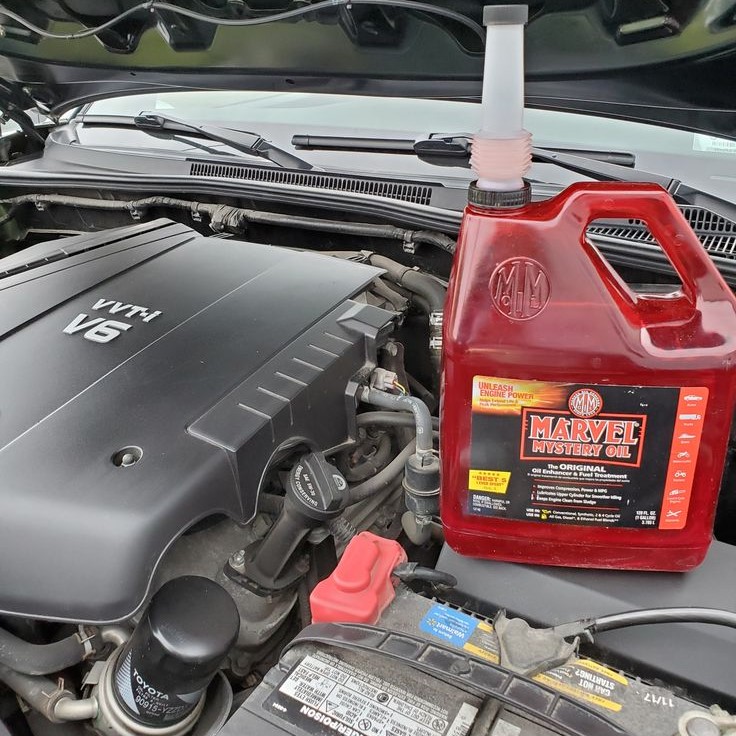
Process of Recycling Car Oil
- Collection: Used car oil is first collected from auto shops, recycling centers, and hazardous waste programs. Ensure the oil store in a clean, sealed container to prevent spills.
- Transportation: The collected oil is transported to a recycling facility. These facilities follow strict guidelines to handle hazardous materials safely.
- Filtration: At the recycling facility, the oil undergoes a thorough filtration process. This step removes contaminants like dirt, metal particles, and water.
- Re-refining: After filtration, the oil is re-refined into a base oil. This step involves removing chemical impurities to create clean, reusable oil.
- Blending: The refined oil is blended with performance additives to create new lubricants. These lubricants meet industry standards and are ready for use in vehicles or machinery.
How Recycled Oil is Used
Recycled oil can be repurposed in several ways, contributing to a sustainable economy:
- Motor Oil Production: Recycled oil is used to produce fresh motor oil. It works as efficiently as new oil but with less environmental impact.
- Industrial Fuels: Some recycled oil is turned into industrial heating oil. Factories and power plants use it as a reliable energy source.
- Lubricants for Machinery: Reprocessed oil becomes lubricants for different types of machinery, including farm equipment and construction tools.
- Asphalt Manufacturing: Recycled oil is even used in asphalt production, aiding in road construction projects.
Recycling used car oil cuts down on waste, conserves natural resources, and reduces the demand for new oil production. Always choose recycling to ensure your used oil repurpose in a safe and effective way.
What Not to Do with Used Car Oil
Disposing of used car oil improperly can result in severe environmental, health, and legal consequences. Here are two major points to consider when dealing with used car oil.
Common Mistakes and Their Consequences
- Pouring Oil Down the Drain: Dumping oil in sinks or drains clogs septic systems and pollutes waterways.
- Throwing Oil in Regular Trash: Trash doesn’t handle hazardous materials like oil, leading to leaks and ground contamination.
- Burning Oil in Open Air: Burning used oil releases toxic fumes, harming air quality and posing health risks.
- Mixing Oil with Other Fluids: Mixing oil with antifreeze, brake fluid, or gasoline complicates recycling and creates a hazardous mixture.
These mistakes can harm ecosystems, disrupt recycling processes, and lead to penalties or fines.
Risks of Dumping Oil in Waterways or Soil
- Water Pollution: Dumped oil spreads on water, destroying aquatic habitats and killing marine life.
- Soil Contamination: Oil seeps into the ground, preventing plant growth and ruining agricultural land.
- Harmful to Humans: Polluted water sources can carry toxins into drinking supplies, affecting health.
- Long-Term Environmental Damage: Even small spills take years to clean up and permanently damage ecosystems.
Improper disposal not only damages the planet but also violates environmental laws.
Tips for Storing Used Car Oil Before Disposal
Proper storage of used car oil prevents spills and ensures safe disposal. Follow these tips to handle the oil correctly.
Choosing the Right Container
- Use a Sealable Container: Always store oil in leak-proof containers with tight-fitting lids.
- Opt for Durable Materials: Choose containers made of sturdy plastic or metal to avoid damage.
- Label the Container: Clearly mark the container as “Used Oil” to avoid confusion.
- Avoid Reusing Contaminated Containers: Don’t use old, dirty containers that can mix impurities with the oil.
- Select the Right Size: Ensure the container can hold all the oil without risk of overflow.
Safety Precautions for Storage
- Store in a Cool, Dry Place: Keep the container away from sunlight and moisture.
- Avoid High-Traffic Areas: Store oil in areas where children or pets cannot access it.
- Prevent Spills: Place absorbent materials under the container to catch leaks.
- Keep Away from Flames: Store oil far from heat sources to prevent fire risks.
- Check Local Rules: Follow local guidelines for the storage of hazardous materials.
Safe storage ensures used car oil does not harm the environment or pose risks before disposal.
Resources to Find Disposal Sites and Programs
Finding proper disposal sites for used car oil is crucial for protecting the environment. Below are two reliable approaches to locate disposal facilities and programs near you.
Online Directories and Tools
- Search Engines: Use search engines to find “car oil recycling near me” or similar queries.
- Earth911: This platform provides an extensive database of recycling locations for automotive fluids.
- Recycling Apps: Apps like iRecycle help you locate disposal centers based on your location.
- Auto Shop Websites: Many auto shops list their oil recycling services online.
- Maps and GPS Services: Check services like Google Maps for nearby oil recycling centers.
Online directories and tools are fast and convenient, offering detailed guidance for proper disposal.
Local Government Resources
Municipal Websites
- Visit Your Local Government’s Waste Management Website: Begin by navigating to your local government’s official website. Most municipalities have a dedicated section for waste management that provides valuable information about hazardous waste services.
- Services Offered: On these websites, you can typically find details about the types of hazardous waste that are accepted, including used car oil, as well as any restrictions.
- Operating Hours: Information about the operating hours and locations of hazardous waste drop-off centers may also be available.
Call Local Offices
- Contact City or County Offices: If you prefer a more personal touch, consider calling your city or county offices directly.
- Ask About Programs: Inquire specifically about car oil disposal programs. Staff members can provide clear and detailed information regarding local regulations and available resources.
- Follow-Up: Don’t hesitate to ask for follow-up resources or any documentation that can guide you in the disposal process.
Household Hazardous Waste Events
- Check for Scheduled Collection Events: Many communities organize periodic collection events dedicated to hazardous waste disposal.
- Event Timing and Locations: Review local calendars or websites to find the dates, times, and locations of these events in your area.
- Proper Preparation: Before attending, make sure to prepare your used oil and any other hazardous materials according to the guidelines provided by the event organizers.
Recycling Guides
- Access Municipal Recycling Guides: Many municipalities offer printed or digital recycling guides that residents can easily access.
- Types of Materials: These guides often include information on various recyclable materials, including how to properly dispose of car oil.
- Best Practices: Look for tips on best practices for preparation and storage before disposal, ensuring compliance with local regulations.
Community Centers
- Contact Local Community Centers: Reach out to your local community centers, as they may have resources related to waste management.
- Guidance on Collection Points: Staff members at community centers can often direct you to the nearest waste collection points or provide information on local disposal programs.
- Education and Support: Additionally, community centers may host educational programs about waste disposal and sustainability, which can further assist you in making environmentally friendly choices.
Local government resources often provide accurate, up-to-date information customized for your region. They ensure you comply with local disposal laws while protecting the environment.
Frequently Asked Questions About Car Oil Disposal
Can Motor Oil Be Mixed with Other Fluids?
No, motor oil should never be mixed with other fluids. Mixing motor oil with substances like antifreeze, gasoline, or brake fluid creates a hazardous mixture. This contamination makes recycling impossible and significantly complicates disposal processes. Most recycling facilities will reject mixed fluids due to safety concerns. Always store used motor oil separately in a clean container. Keeping it pure ensures easy recycling and minimizes environmental risks.
How Much Does It Cost to Dispose of Car Oil?
Disposing of used motor oil is often free in many areas. Recycling centers and auto shops usually accept used oil without charge to promote environmental safety. Some even reward you with discounts for oil-related services when you bring in used oil. However, costs may vary if you utilize specific municipal hazardous waste programs or private services. It’s best to check local regulations and facilities to understand any potential fees. Free or affordable options are widely available to encourage proper oil disposal.
Conclusion: Making a Positive Impact
In conclusion, knowing how to dispose of car oil correctly is essential for environmentally responsible vehicle maintenance. Proper disposal protects our water sources and the ecosystem while reducing potential liabilities. By utilizing recycling facilities, engaging in community events, and promoting best practices, we can all contribute to a healthier environment. Always remember that every small action makes a difference. By following these eco-friendly disposal methods, you not only take care of your vehicle, but you also play a key role in preserving our planet’s health.

